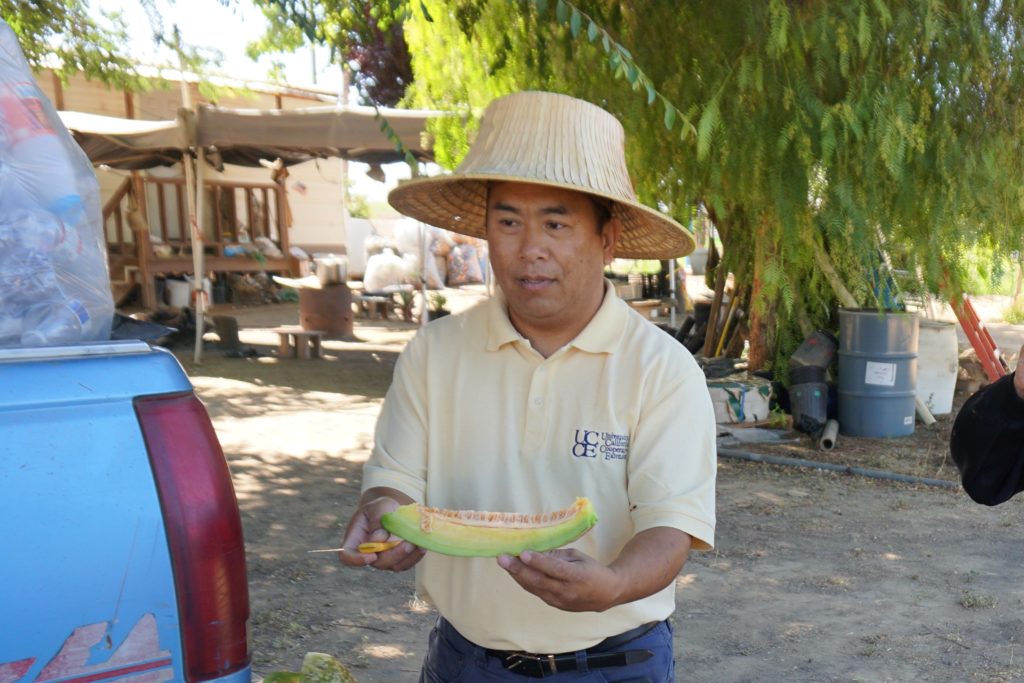“I would say it’s a 100% loss. I can’t sell anything,” said Chongyee Xiong, who used his earnings as a school groundskeeper to pay upfront expenses for his farm.
According to UC Cooperative Extension in Fresno, there were nearly 2,000 Asian farms in the San Joaquin Valley area in 2015. Roughly 70% of these were run by Hmong growers. The farmers typically produce crops they had previously cultivated in Laos — including Thai peppers, bok choy, snow peas and lemongrass. Some grow strawberries.
Farmer Chue Lee applied for loans through the federal Paycheck Protection Program, but found out he didn’t have enough employees to qualify for aid. With a loss of about 70%, Lee may not be able to afford the lease for the two portions of land he has in Fresno County, which together amount to roughly 12 acres. Meanwhile, his own ability to access customers has been made more difficult by his wife’s heart condition — which would make a Covid-19 infection devastating for her, the article said.
“Everything that we make, all that we’re saving now is just like already out there and there’s no help for us at all,” Lee said. “We tried to apply for all the releases, but there’s nothing that fits into our category.”
UCCE ag assistant Michael Yang said there are also issues with technical literacy for the farmers. And without training with a computer, accessing aid online becomes nearly impossible. It increases the odds of losing everything.
“It’s pretty tough when you come to a country where you have to relearn everything and the first thing you know is just farming,” Yang said. “And just bringing the clothes on your back is pretty much what you have.”
– Jeannette E. Warnert, University of California
Michael Yang is a longtime agricultural assistant for UC Cooperative Extension. Photo: University of California















